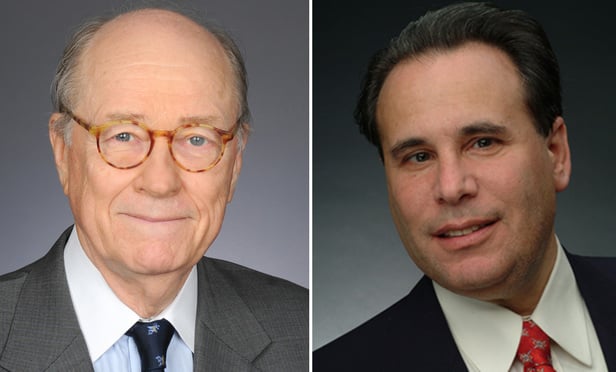A hallmark of arbitration awards issued by the International Center for the Settlement of Investment Disputes (ICSID) is that they cannot be reviewed by national courts of any member country. Yet, unless they are paid voluntarily, such awards still must be brought to a national court for recognition and enforcement. In our July 2012 column, we wrote about the procedures for enforcing such awards in the United States. At the time, there were only a handful of cases that addressed the subject, as well as a then-recently published report by the New York City Bar Association.1 On July 11, 2017, the Second Circuit became the first circuit court to address the matter. Its decision rejected the summary procedures that had been followed by numerous courts in the Southern District of New York.
The ICSID Convention
The Convention on the Settlement of Investment Disputes between States and Nationals of other States (the ICSID Convention) is a multilateral treaty, formulated by the World Bank and ratified by 153 countries, including the United States. March 18, 1965, 17 U.S.T. 1270, 575 U.N.T.S. 159. The ICSID system provides for a self-contained dispute resolution process that is intended to foreclose the review by any court of final arbitral awards.



